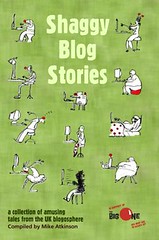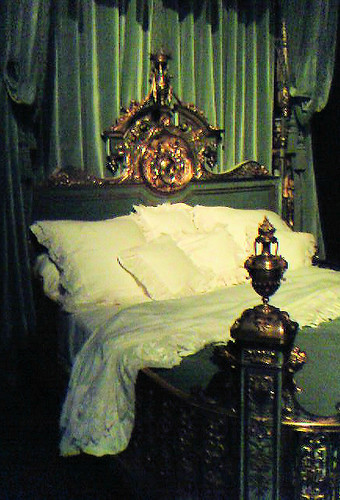The 18th-century email list has been going apples over the weekend – or rather pippins – such a lovely name for a fruit.
It seems, at least on one claim that these originate from seeds germinated by growers, as opposed to the fruit of apple trees those brought into cultivation by grafting.
But somehow when you read the history, “pippins” sound so much more fun than apples. I haven’t been able to lay my hands on the quote, but I recall reading that they were sold as snacks in theatres, and if you were an actor, to be “pippined” meant you weren’t having a good day – in fact you probably had the bruises to show for it.
But a quick Google desktop search (that is a useful thing – really couldn’t live without it these days) came up with an account of the burial of Dame Mary Gardner of Avingdon in 1641. “The beverages consisted of literally gallons of sack, white wine and claret. To eat, there were 60 pounds of cumfits, 15 pounds of biscuits, and 40 dozen cakes. This was supplemented with dried fruits, pears, pippins, quinces, plums, gooseberries an almonds and other delicacies, including macaroons, marzipan, violet cakes and ‘green dry lettuce’. The wine cost over £5, and the food, more than £11.”
(From Gittings, C. Death, Burial and the Individual in Early Modern England, Croom Helm, London, 1984, p. 154.)
But if words are not enough, try this site, for pictures of 1867 apple varities, among which are scores of pippins, including the unattractive moniker of the “greasy pippin”. The link is to the “National Fruit Collection”, obviously a treasure.



 About
About